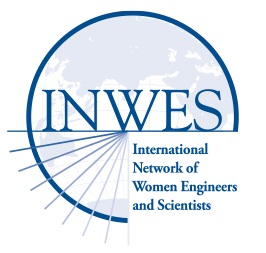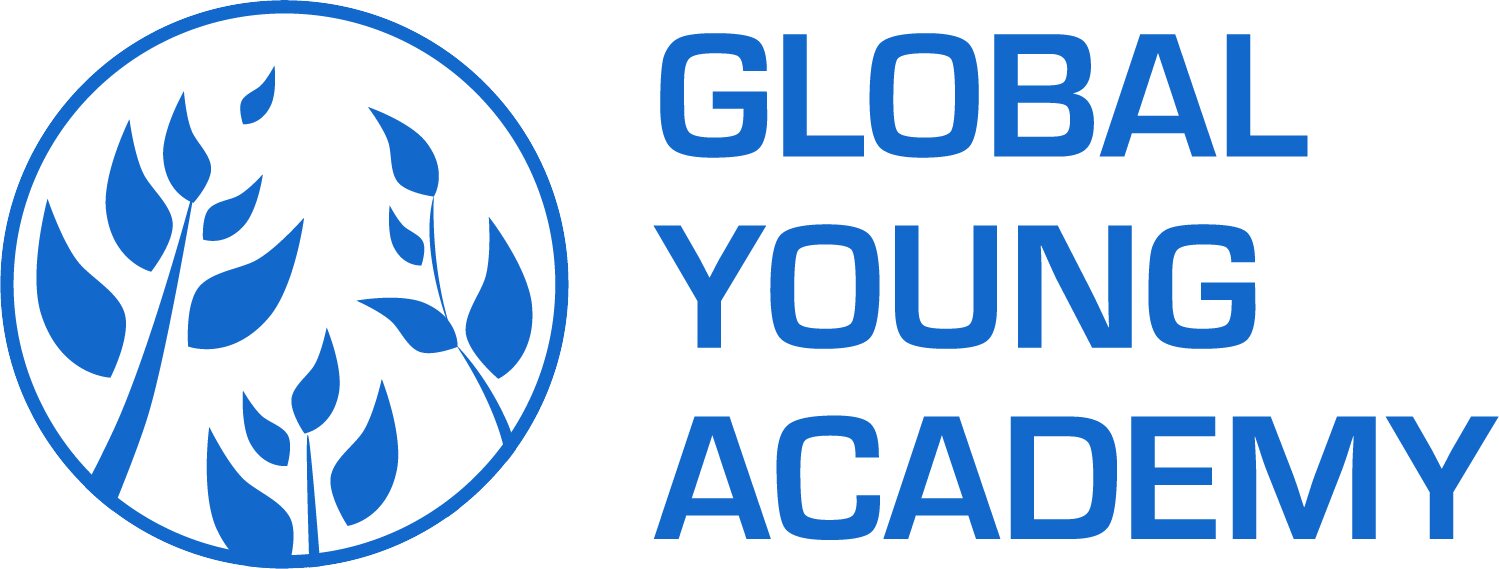Mothers in Science has united individuals and organisations from all around the world with a common goal—to demand our leaders for immediate action to support mothers in science and enact policies to eliminate systemic inequities and increase retention of women in STEMM fields.
We have created an action plan outlining a set of specific and actionable strategies to promote inclusion of caregivers and close the gender gap in research funding. We urge research funders worldwide to begin taking meaningful action and use this action plan as guidance to improve their practices and to cultivate a culture of fairness and inclusion more broadly in the STEMM sector.
Join our global movement for mothers in STEMM and follow #action4STEMMoms for updates!
Why should funding agencies take action?
Despite making up half of the STEMM cohort at the training and graduate level in many STEMM fields, women are still vastly underrepresented in faculty and STEMM leadership positions. A recent US study reported that 43% of mothers and 23% of fathers leave their full-time positions after having their first child (Cech and Blair-Loy, 2019). A global survey conducted by MiS and partners found that 34% of mothers and 12% of fathers globally leave full-time STEMM employment after becoming parents (Sugrue et al., unpublished). Thus, systemic barriers related to motherhood—collectively known as the ‘maternal wall’ or ‘motherhood penalty’—contribute to the well-documented gender disparities in STEMM. The COVID-19 pandemic compounded this situation, with a long-lasting negative impact on the career advancement of mothers, and especially mothers of colour (Staniscuaski et al., 2021).
Although considerable progress has been made over past decades to attract more women into the STEMM sector, the persistent underrepresentation of women in many fields and disciplines, and particularly in leadership positions, reveals a chronic problem of women’s retention caused by a systemic culture of bias and discrimination.
Funding agencies are key players for systemic change and for closing the gender gap in STEMM, as access to research funding is fundamental for scientific production and career advancement. However, studies show that women have lower success rates in research funding due to gender bias, highlighting the urgent need for action.
Finally, we believe that meaningfully addressing the issues of equity and inclusion in STEMM requires acting on the unequal and biased treatment of all underrepresented groups and considering intersectional identities, including race, ethnicity, gender, sexual orientation and disability.
This action plan outlines a number of policy recommendations to 1) eliminate unconscious bias in the grant evaluation process, 2) ensure an equitable distribution of research funding resources, and 3) promote inclusion of caregivers. To contact the authors: isabel.torres@mothersinscience.com.
To learn more, read our preprint Torres et al 2023 published in SocArXiv explaining these policy proposals in more detail.
The action plan was created by:
In partnership with:




















